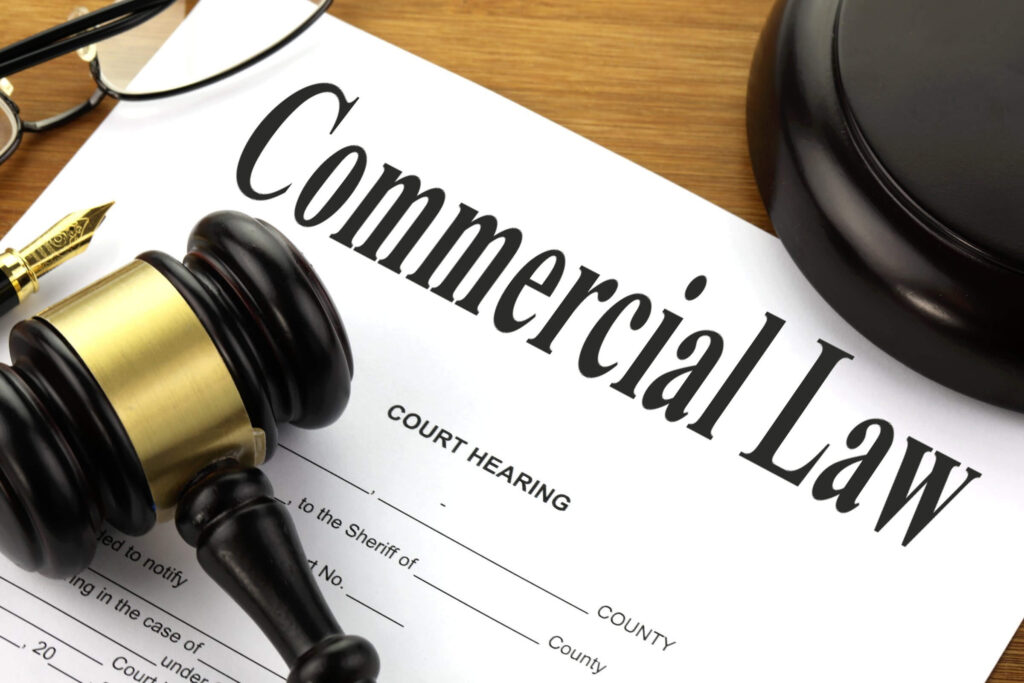Understanding Your Challenges
Many individuals struggle with financial literacy and transparency. Identifying these challenges is the first step towards empowerment.
Tailored Solutions for Your Needs
We offer an array of services focused on improving financial literacy and providing support for those affected by institutional abuse. Partnering with Chamberlains, a leading Australian law firm, we ensure access to expert legal guidance. Dive into our resources today.

Financial Literacy
Interactive courses designed to enhance financial understanding. We provide resources that cater to all levels of expertise. Gain the knowledge you need to make informed decisions.

Institutional Advocacy
Support for individuals affected by economic misconduct. We advocate for fairness and accountability in financial systems. Our mission is to ensure your voice is heard.

Resource Center
A hub for accessible financial resources and guides. We offer a wealth of information for individuals seeking to improve their economic knowledge. Discover tips, articles, and tools to aid your journey.
Our Journey Towards Empowerment

Together, We Can Transform Lives and Futures!
Blog
How Compensation Lawyers Brisbane Can Expedite Your Claim
Compensation claims can often be a complex and time-consuming process, especially when navigating the legal…
Why You Need a Compensation Lawyer Sydney for Complex Cases
In the bustling city of Sydney, navigating the intricacies of compensation claims can be a…
Key Benefits of Hiring Experienced Commercial Lawyers in Sydney
In the bustling business landscape of Sydney, navigating legal complexities can be a daunting task…
How Commercial Lawyers Help Your Business Navigate Legal Challenges
In today’s complex business environment, legal challenges are an inevitable part of running a company….
A Modern Jubilee
Michael Hudson’s simple phrase “Debts that can’t be repaid, won’t be repaid” sums up the…
Standard Fare or Fantasy Economics?
A look at the critique of Gerald Friedman’s analysis of the Sanders economic program. Alan…
Unlock Your Financial Potential
By engaging with Idea Economics, you’ll gain access to invaluable insights and support geared towards enhancing your financial capabilities.
Informed Decisions
Receive the knowledge needed to make informed financial choices that positively impact your future and well-being.
Supportive Community
Join a community of like-minded individuals working through similar challenges, offering support and understanding along the way.
Resources Galore
Access a wealth of educational resources, guides, and advocacy tools that empower you to take charge of your financial journey.






